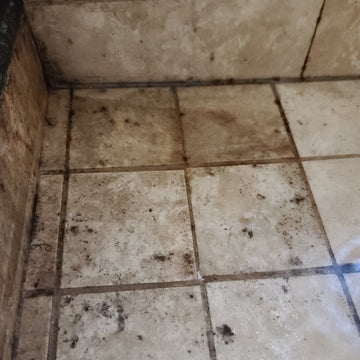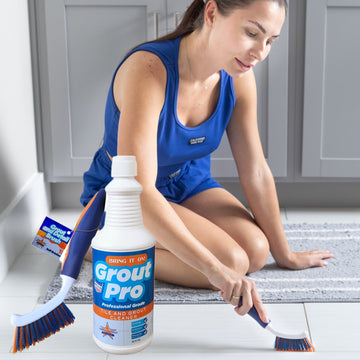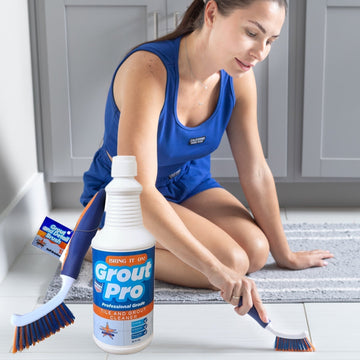Clean Grout Lines
Clean Grout lines, the often-overlooked spaces between tiles, may seem harmless, but they can actually be a breeding ground for bacteria. Let's explore why grout lines pose a risk and how to address this issue.
Why are Grout Lines a Breeding Ground for Bacteria?
Grout lines are porous and absorbent, making them the perfect environment for bacteria to thrive. Moisture, dirt, and grime easily seep into these tiny crevices, providing an ideal breeding ground for harmful microorganisms.
What Types of Bacteria Can be Found in Grout Lines?
Studies have shown that a variety of bacteria can be found in grout lines, including E. coli, Salmonella, and Staphylococcus. These bacteria can pose serious health risks, especially in areas like bathrooms and kitchens where cleanliness is crucial.
How Can You Address the Bacteria in Grout Lines?
Regular cleaning and maintenance are key to addressing the bacteria in grout lines. Using a mixture of water and vinegar or a mild bleach solution can help kill bacteria and prevent them from spreading. Additionally, sealing the grout lines can create a protective barrier, making it harder for bacteria to thrive.
What Are the Health Risks Associated with Bacteria in Grout Lines?
Bacteria in grout lines can lead to a range of health issues, including stomach infections, skin irritations, and respiratory problems. Those with weakened immune systems, young children, and the elderly are particularly vulnerable to the effects of these harmful bacteria.
Conclusion
Grout lines may seem like a small detail in your home, but they can have a big impact on your health. By understanding the risks associated with bacteria in grout lines and taking proactive steps to address this issue, you can create a cleaner and healthier living environment for you and your family.
The importance of cleaning tile and grout
Most of us have some form of tile and grout around our home. So, if you kids or pets tend to play on the tile floor, you should keep reading.
These are mostly high traffic areas usually in the kitchen and hallways. Dirt and grime is brought from outside the home and settles into the grout lines. Then we think that taking a mop and going over the tile will clean these lines.
Actually what happens is the dirt and bacteria from the tile just gets moved into the grout lines. Grout will absorb dirt and grime and is an ideal environment for mold and mildew. This can cause unpleasant odors and become a breeding ground for bacteria, leading to respiratory issues and health problems.
This is a problem that can be avoided with weekly grout cleaning and the right products.
Here are the best tile and grout brushes I have found (Tile and Grout Brush). Your brushes need to be stiff to hold up to heavy scrubbing. I also came across a peroxide based tile and grout cleaning that works amazing.
It bubbles up so you can see the liquid eating the bacteria. It also helps whiten and brighten the grout lines to their original color. (Grout Cleaner)
Keep those grout lines clean!





